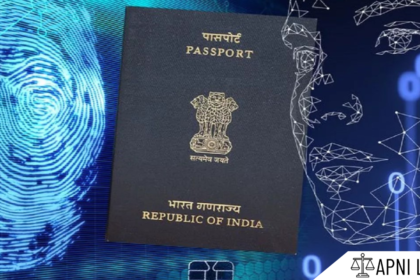Code
(1) When any officer in charge of a police station or any police officer making an investigation under Chapter XII requires any officer subordinate to him to arrest without a warrant (otherwise than in his presence) any person who may lawfully be arrested without a warrant, he shall deliver to the officer required to make the arrest an order in writing, specifying the person to be arrested and the offence or other cause for which the arrest is to be made and the officer so required shall, before making the arrest, notify to the person to be arrested the substance of the order and, if so required by such person, shall show him the order.
(2) Nothing in sub-section (1) shall affect the power of a police officer to arrest a person under section 41.
Explanation
This section grants special powers to a police officer who is acting as a Magistrate. Under this section, such a police officer can arrest a person without a warrant if they have reason to believe that the person has committed a non-bailable offence. This is a deviation from the general rule that arrests require a warrant.
The following points are important to understand:
- The officer must be deputed to perform the duties of a Magistrate. This means they have been given temporary judicial powers.
- The offence must be non-bailable. This means the accused cannot be released on bail before trial.
- The officer must have “reason to believe” that the person has committed the offence. This means there must be some credible evidence or
- to support their belief.
Illustration
Imagine a police officer is deputed to investigate a case of murder. They receive information from a credible source that a specific individual is the perpetrator. The officer believes this individual is involved in a non-bailable offence. In this situation, the police officer, acting as a Magistrate, can arrest the individual without a warrant.
Common Questions & Answers
Q: Can any police officer make a warrantless arrest under this section?
A: No. Only a police officer who has been deputed to perform the duties of a Magistrate can make a warrantless arrest under Section 55 CrPC.
Q: What if the offence is bailable?
A: If the offence is bailable, the officer cannot make a warrantless arrest. They would need to obtain a warrant from a competent Magistrate.
Q: What happens after the arrest?
A: The arrested person must be produced before a Magistrate within 24 hours of the arrest. The Magistrate will then decide whether to release the person on bail or remand them in custody.








